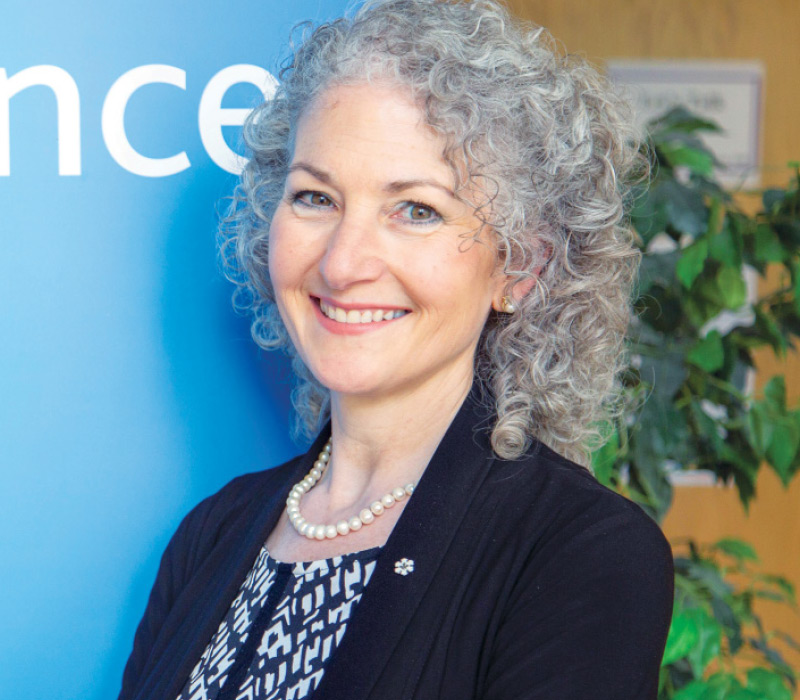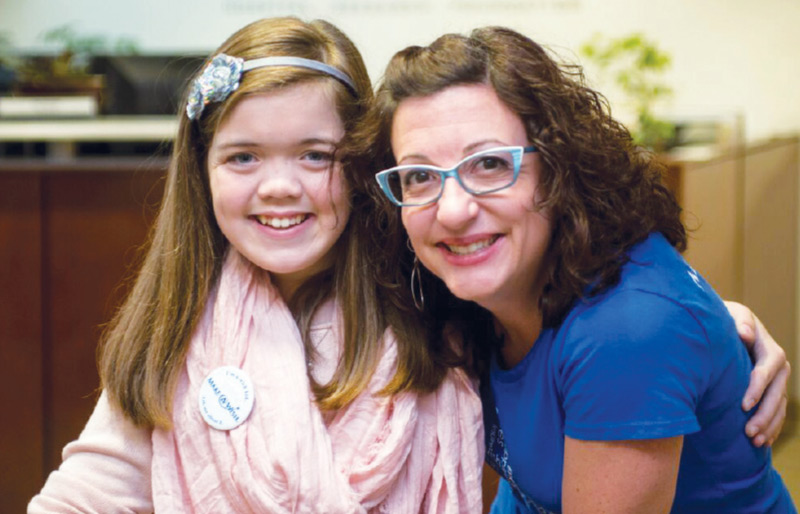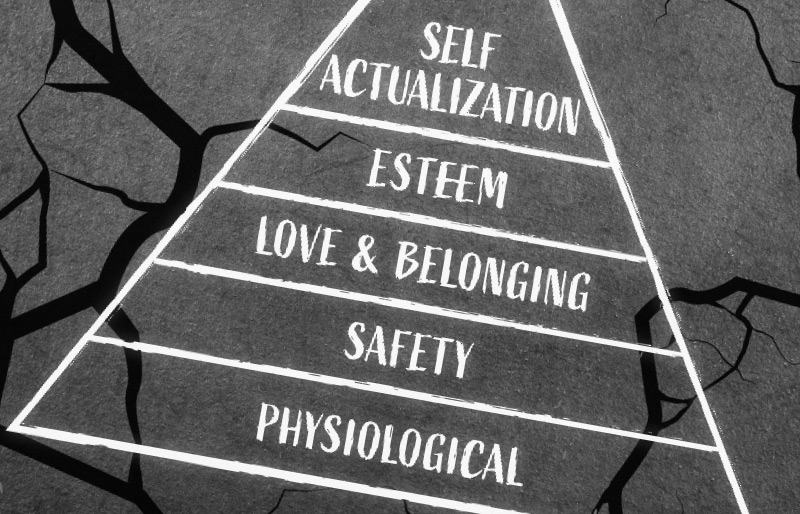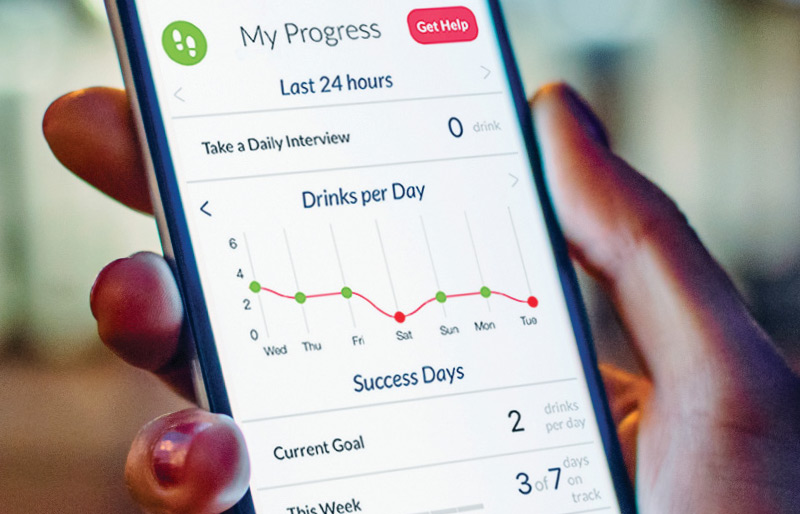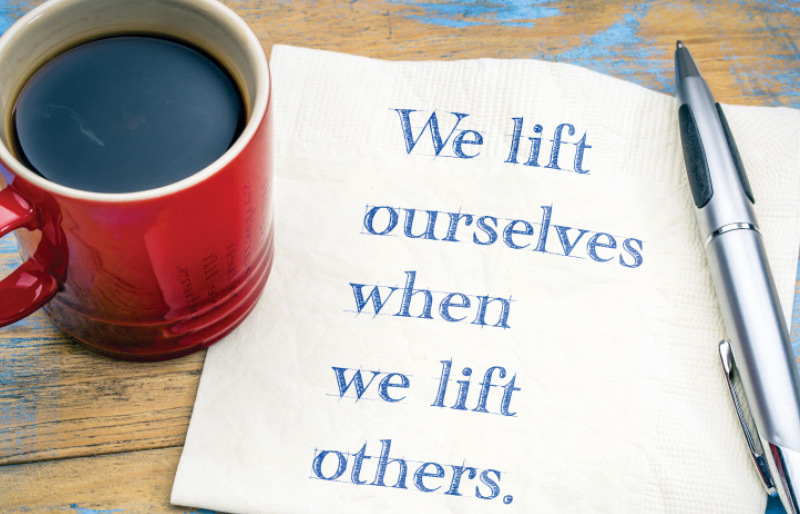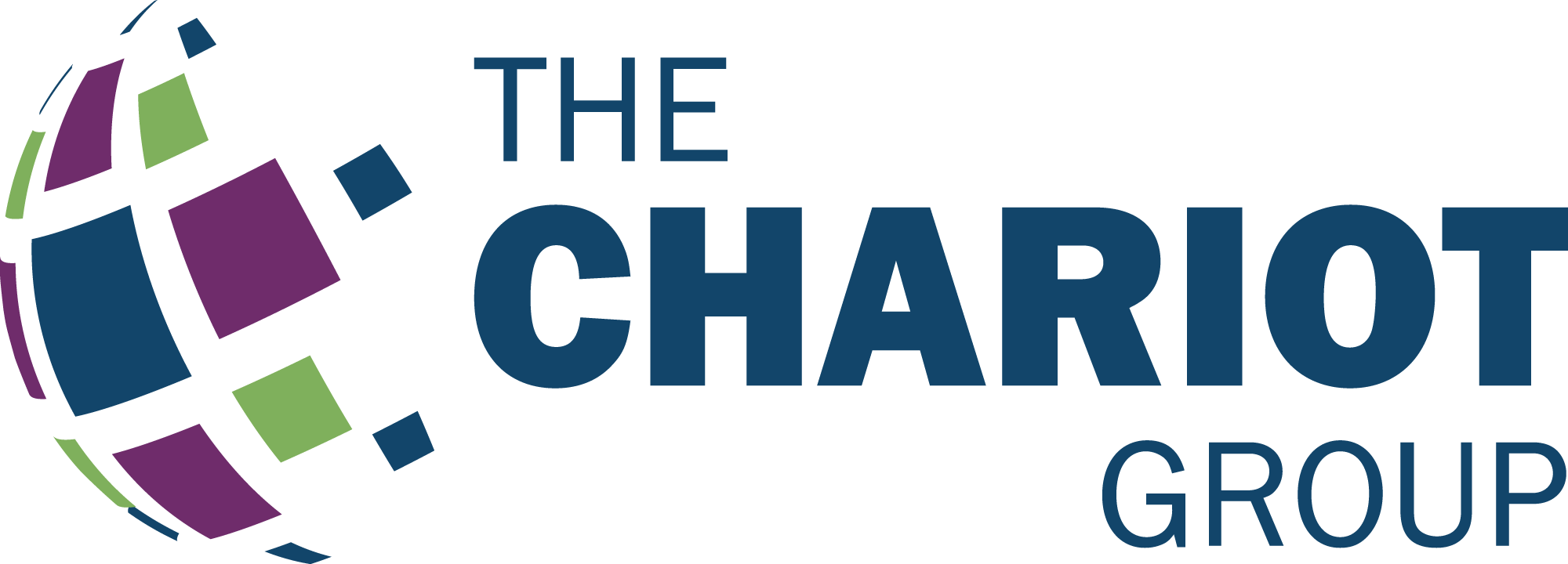
OMNIA Partners, Public Sector is the nation’s largest and most experienced cooperative purchasing organization dedicated to public sector procurement.



It is human nature to attempt to solve the gaps in our understanding in order to form a comprehensive and meaningful personal narrative that will allow us to confidently navigate our surroundings. It’s our ability to draw conclusions from the incomplete that helps us connect the dots and bridge the little gaps of information we experience in our daily lives. It is this ability that allows us to finish a sentence for a friend or coworker when they struggle for the right word. It is this ability to extrapolate that forms the basis of scientific discovery. The truth is, making shit up is normal and useful if the gaps in our understanding are small and our approach is disciplined, rational and rooted in experience and fact.
Contents
Rick Thomas
Editor
Nance Larsen
Cover Story Photo
Jim Block Photography
jim@jimblock.com
Visualizer
Scott Mlynarczyk
The STRIVE Group, LLC
Subscribe to the Magazine
thestriveproject.com/subscribe
Copyright © 2021
The Strive Group, LLC
All rights reserved.
A Leadership Lesson for All
truggle well. It is a phrase I have come to embrace more and more in life as I come to a better understanding of how best to navigate life’s challenges, particularly when failure emerges from unexpected places, at unpredicted times, in the middle of life’s pursuits. That struggle can feel all too real, almost visceral, to those stung by failure. How we respond and how we struggle through adversity is often the best litmus test by which leaders are created and then re-created from their former selves. I am a work in progress when it comes to these things, probably like a lot of others, no longer staring down at our failures themselves, but rather, beyond them and rounding the bend. Struggling well, you might say.
Online M.S. in Communications Management
Online M.S. in Communications Management
Learn more at onlinegrad.syracuse.edu/communications/


here is a lot of talk about how most companies will go “totally virtual” after the pandemic. I think this is a huge mistake.
Don’t get me wrong. I run Sherpa Digital Media. We do virtual events and video streaming for a living. The pandemic has been absolutely stellar for our business. In 2020, we did more than 11,000 virtual events, which was well over three times what we did in 2019. Working from home, using remote teams, hosting virtual events—all of this is good for us. But we also realize that we need to make virtual events and video streaming a lot more engaging so people can connect with each other.
he economic recession in the early 1990s resulted in a significant decrease in government funding for scientific research in Canada. Little did I realize then just how that particular federal budget would launch the trajectory of my career into unanticipated and uncharted territory. In 1991, half-way through my doctoral studies in physiology, I was the graduate student representative to the department’s faculty council when dismay at the budget cuts moved quickly through the research community. It was a wake-up call that the ivory tower elitist image of science was not serving the public or researchers and needed to change. It was especially fortuitous for me to be in that place at that time; I was in grad studies having twice failed in my application to dental school (it turns out that I have rather poor spacial acuity).
Fast forward to today and this summer marks the 30-year anniversary of the small volunteer outreach project I launched with a handful of graduate students at Western University in London, Ontario, to engage youth with scientists. That project became Let’s Talk Science, an award-winning national education charity that has impacted an estimated 10 million people through programming designed to help youth prepare for future careers and citizenship roles through STEM (science, technology, engineering and math) engagement. This milestone offers an interesting vantage point to reflect on what has changed, what still must change, and how I have changed during my leadership journey.
t’s a tough time to work in the trust business. Sounds dramatic, but for public relations practitioners who guide their clients’ actions in an effort to build trust with stakeholders, the task has never been more challenging.
My clients tell me it has become increasingly difficult to decide how and when to communicate with their stakeholders. Will anyone believe them? Is it worth the risk of saying the wrong thing and making a situation worse? For my part, I almost always counsel them to put in the work to build trust on the front end. Those hours are always well spent.
helping you and your business move forward.
- Assessments
- Training
- Coaching
- Training
- Coaching
- Team Building
- Strategic Planning
- Action Planning
- Infrastructure Development
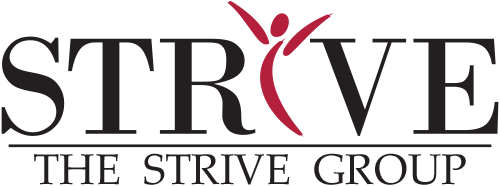
907.2.STRIVE
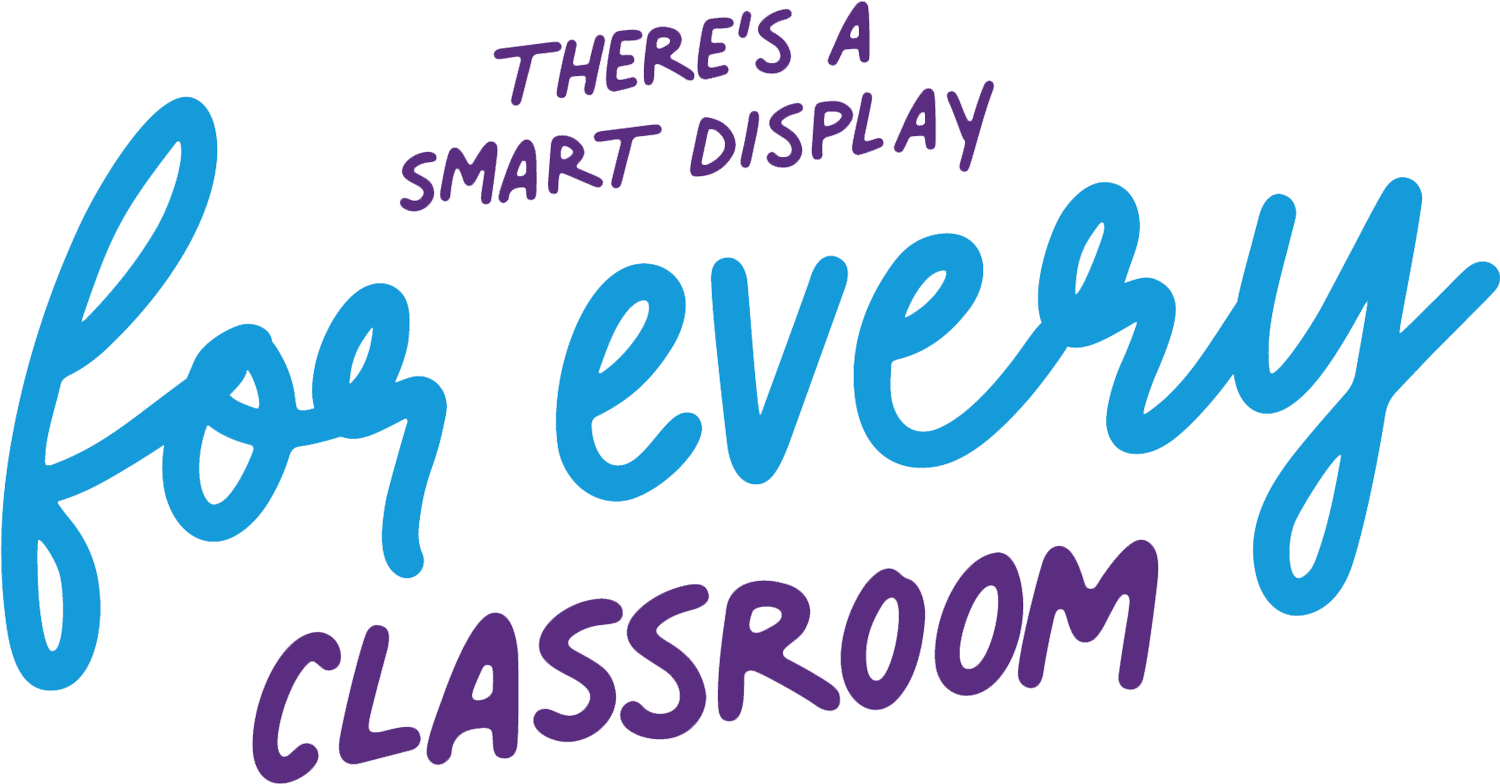



Every SMART display undergoes rigorous quality testing to meet world-leading safety and regulatory compliance standards, making it an investment you can count on for years to come.

Protect your investment with a best-in- class full-coverage warranty and service plan options.
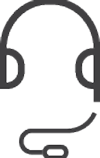
Expert support, tons of resources and a thriving community of educators to tap into helps set you up for success.

Get complimentary professional learning plans, online courses and webinars that cover both functional and pedagogical topics.
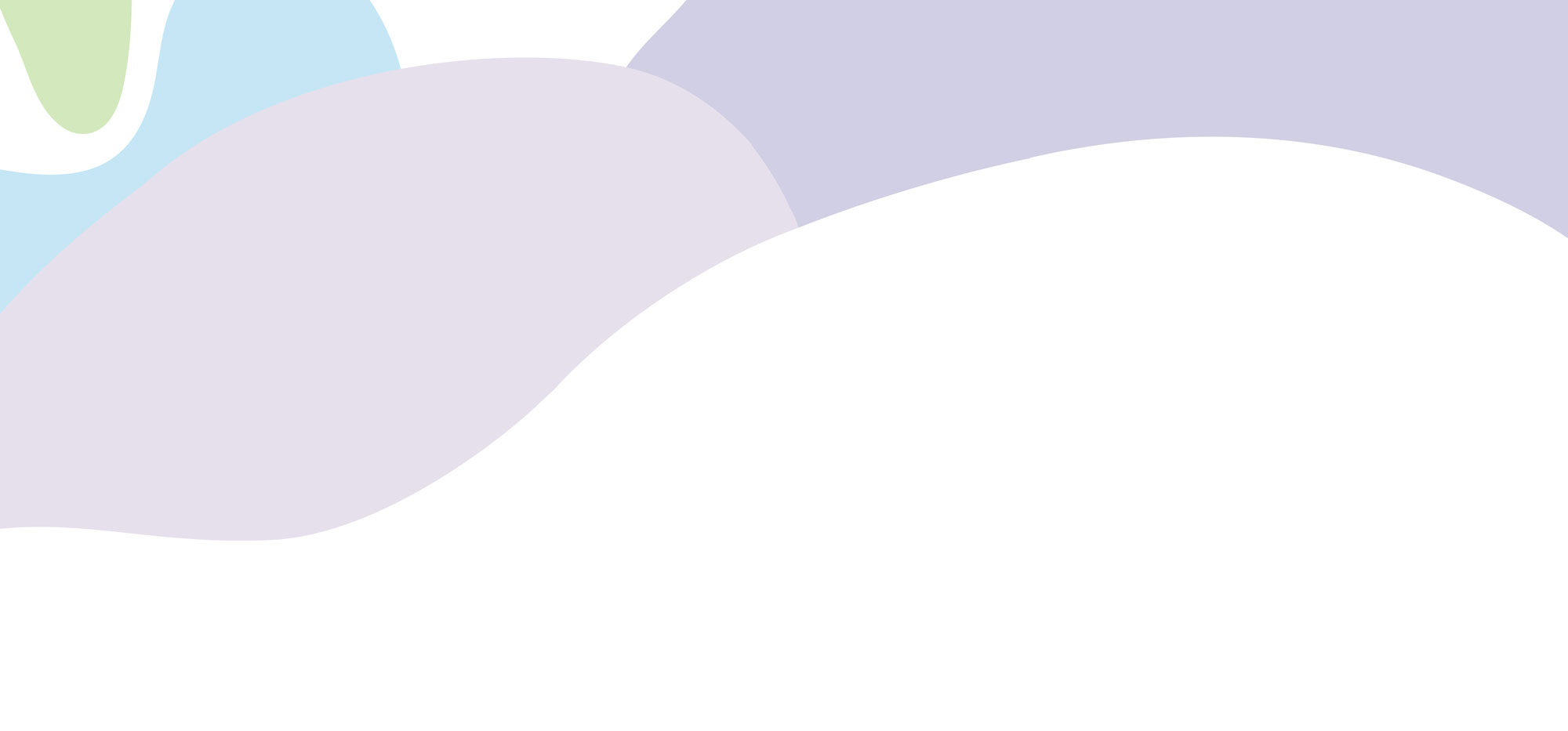



Every SMART display undergoes rigorous quality testing to meet world-leading safety and regulatory compliance standards, making it an investment you can count on for years to come.

Protect your investment with a best-in- class full-coverage warranty and service plan options.

Expert support, tons of resources and a thriving community of educators to tap into helps set you up for success.

Get complimentary professional learning plans, online courses and webinars that cover both functional and pedagogical topics.

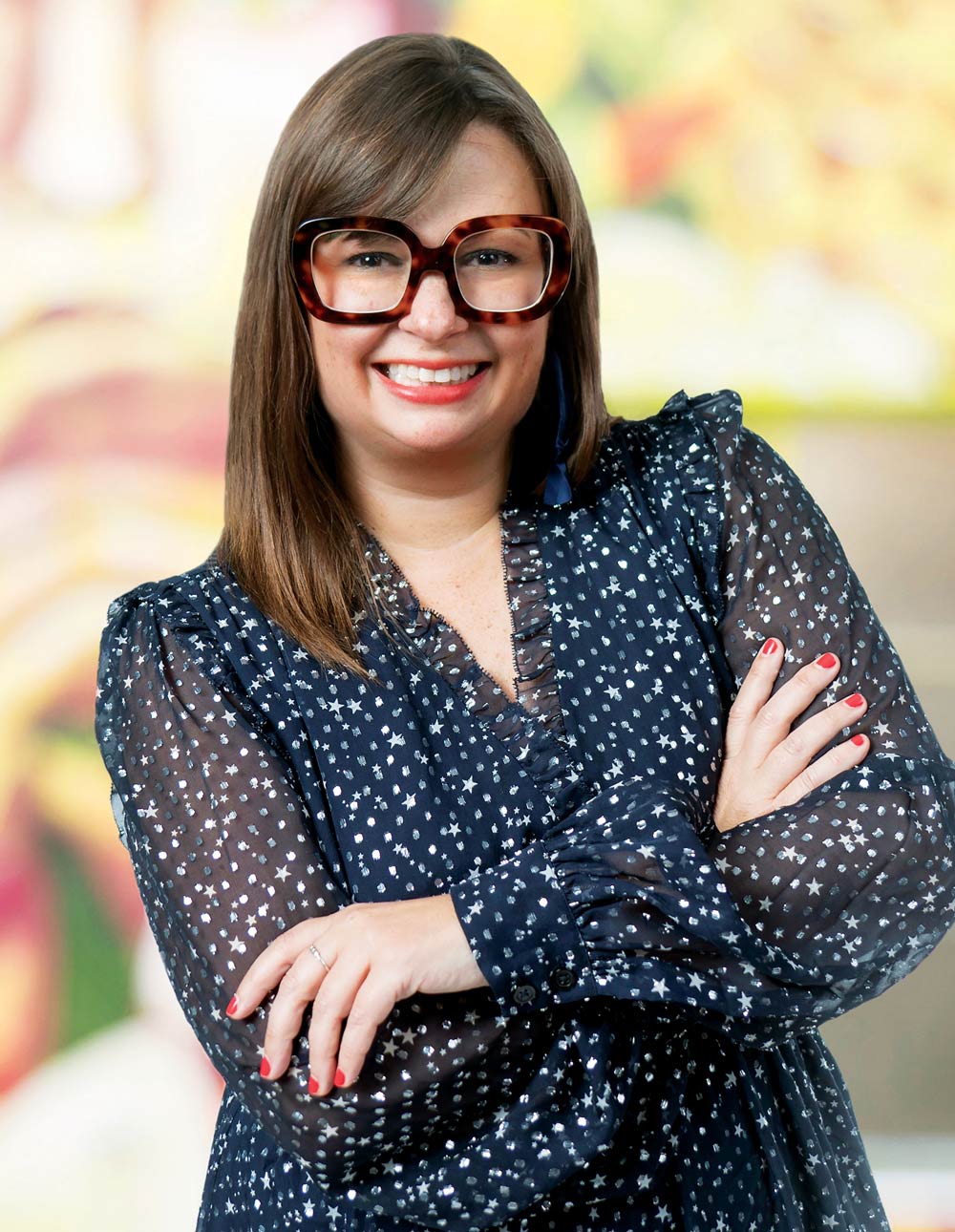
or most of my career, CEOs and executives have been asking me the same question: “How do we become more innovative?”
My answer is always the same: you need a culture that reinforces psychological safety.
Do you want to guess how many executives expect that answer? Not many. Even fewer want to hear it. They expect me to talk about concrete things like activities and processes, not soft things like culture.
I’m quite lucky that my clients see me as an innovation expert. I worked with some of the most celebrated professors at the UC Berkeley Haas School of Business designing innovation courses for executives. Then I spent five years at IDEO, a global innovation consultancy, where I leveraged design thinking to create innovative talent solutions and advised clients on how to create more innovative cultures.
So it makes sense that they’d see me as an innovation expert. But here’s my little secret: I’m really a people, culture and belonging expert. And it is through that expertise that I help teams and organizations become more innovative.
ith the job title Vice President of Wishes at Make-A-Wish Alaska and Washington, it is easy to think that I sit at my desk all day waving a magic wand and creating joy and happiness for children and families. Indeed, when you grant wishes to children with critical illnesses, there is a lot of that, but there is also the flip side of your work which involves challenge and hard conversations.
This past year, there have been a lot of difficult circumstances. It’s been one of the hardest years yet due to COVID-19. I have had to tell a lot of families that their wishes must be put on hold until wish travel resumes. I have heard a few too many stories about families who experienced job loss and braved frontline work in addition to all the challenges that come along with having a child with a critical illness.
What has astounded me over and over again is the resilience of wish kids and their families. These families have climbed up and over cliffs to endure cancer treatment, medical diagnoses, and choices that no family should ever have to make – with or without a global pandemic – and they have done it with dignity and grace.
STEP 2: Create interest
STEP 3: Motivate action
STEP 4: Reap rewards
Our digital signage software, interactive designs and room booking solutions help motivate your audience so your communications can make a difference. Engage employees, students, visitors and customers with announcements, event schedules, wayfinding and more using easy templates, widgets and data-mapping tools.
- AxisTV Signage Suite content management software is scalable, flexible and user-friendly.
- Award-winning interactive touchscreen designs invite your audience to participate.
- Interactive and e-paper meeting room signs help you manage shared spaces more efficiently.
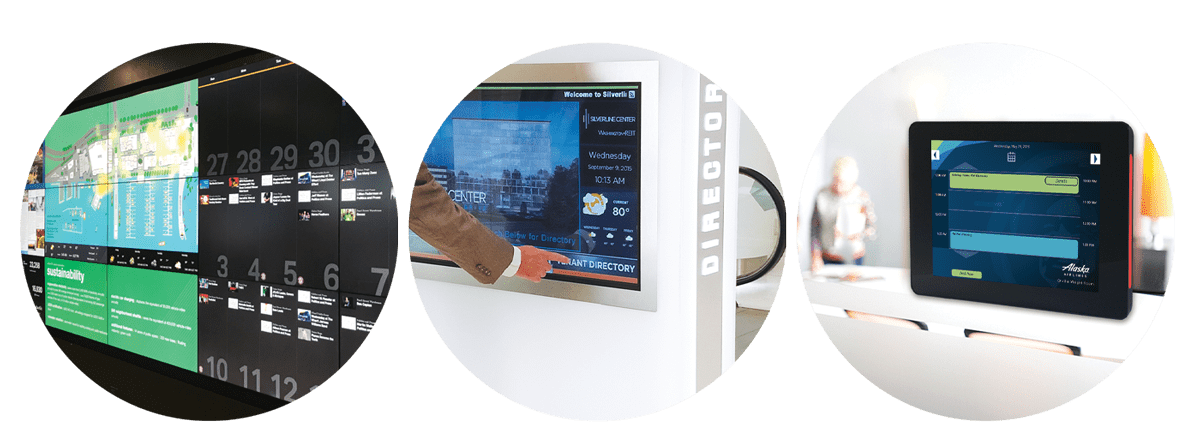

OVID-19: I never believed in a doomsday scenario, but I knew that my daily life as a chef, father, cookbook author and TV personality would be impacted greatly for the next two to three years.
As the COVID-19 crisis engulfed the world, my first cookbook, Baking with Bruno, was just being released in Canada and the United States. The timing to launch such an endeavor couldn’t have been worse. A cookbook project takes about three years from start to finish, and I was so excited to see my recipes hit bookstore shelves. As the pandemic began to worsen, my excitement quickly died as I received dozens of emails cancelling all the events planned for the launch. No more book signing events, no more cooking demos. Forecasts for book sales and any anticipated royalties derived from the book were slashed by 70 percent. It quickly became apparent that survival meant I would have to adapt my plans and goals to meet and adjust to a multitude of new circumstances. The ability to do so would mean the difference between success and scrapping all the efforts to date.
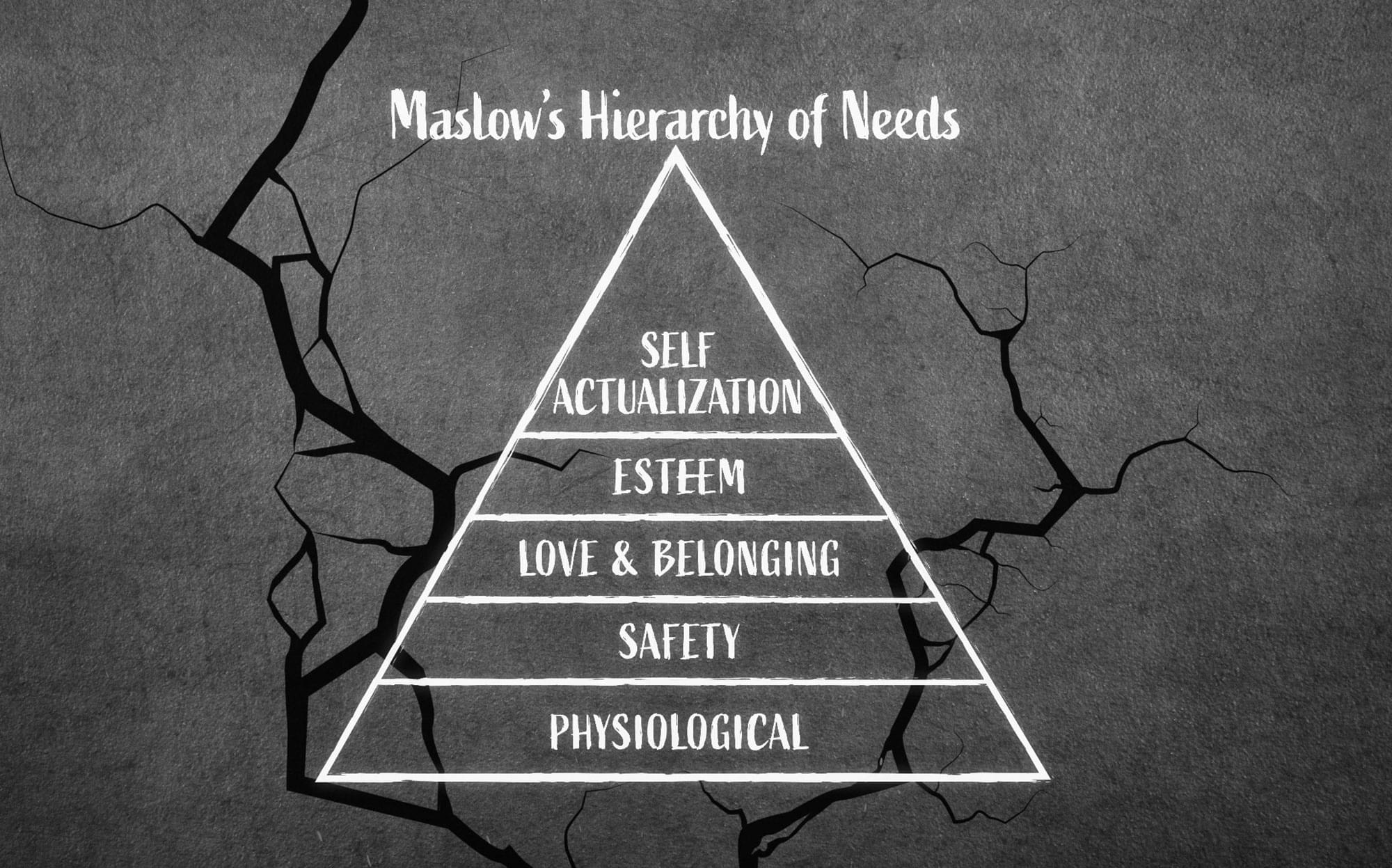
was reading the news the other day and an article referenced that business leaders are getting used to the “post-pandemic world.”
How can that be? COVID-19 is still active around the globe. While I long for “post-pandemic” situations, I think it is foolish to think this pandemic will soon be behind us.
That said, I believe it prudent to consider the current disruptive circumstances as an opportunity. We should make good use of the evolving situation and develop innovative strategies to navigate through what is yet to come. I think Abraham Maslow could help us.
have been a licensed psychologist and clinically focused researcher for more than 20 years and have spent the last 10 years working to bridge the gap between those who need alcohol addiction treatment and those who receive it. Of course, I am aware of the statistics around this issue; only about 10 percent of people who meet the criteria for an alcohol use disorder receive any type of help, whether it be through Alcoholics Anonymous, in-person counseling or an online group like Moderation Management. But what motivated me to pursue this problem was not the statistics, but the reaction I have frequently heard when talking to someone (client, friend, family member) about their problem drinking and the need to seek help. A typical conversation goes like this: “Sounds like your drinking is getting a little out of control. Have you considered getting some help?” “Oh no, I am not that bad,” or “I could never get up in front of a group of people and admit I am an alcoholic,” or “If it really gets out of control, maybe I will, but I am not there yet.”
The issue this brings up, by and large, is stigma. Most people harbor beliefs that people with an alcohol problem are somehow failing in their lives, that getting help means they are some sort of “addict” and that overall it is shameful to need this type of help. In addition, many people have difficulty finding the time to go to a counselor’s office, and it is often prohibitively expensive. All of which help explain why we miss so many people in need. The frustrating thing for me in this dynamic is that we know a lot about how to help people either cut back or stop drinking altogether. The treatment strategies work, but they certainly will not if people don’t use them. I don’t in any way blame people with an alcohol problem for not availing themselves of treatment. As a group, psychologists have not been particularly flexible and responsive to the consumers of services having needs and interests that do not fit well with traditional office-based treatment. Like many professions, we have been somewhat “paradigm-bound,” stuck in delivering services in-person, in 50-minute hours, for $150/hour or nothing.
rowing up, my two hard-working and humble parents taught me I could be anything I wanted to be if I worked hard and remained kind, positive, caring and generous. As a preschool teacher, my mom taught these values to dozens of children. They were the foundation upon which I built my life—and they’ve guided me throughout my career in communications and public relations.
It wasn’t until I was invited to keynote the Boise State Public Relations Student Society of America (PRSSA) 2018 regional conference, however, that I distilled these values into my five personal lessons for leadership and life, my own personal code: Engage. Attract. Inquire. Give Back. Inspire.
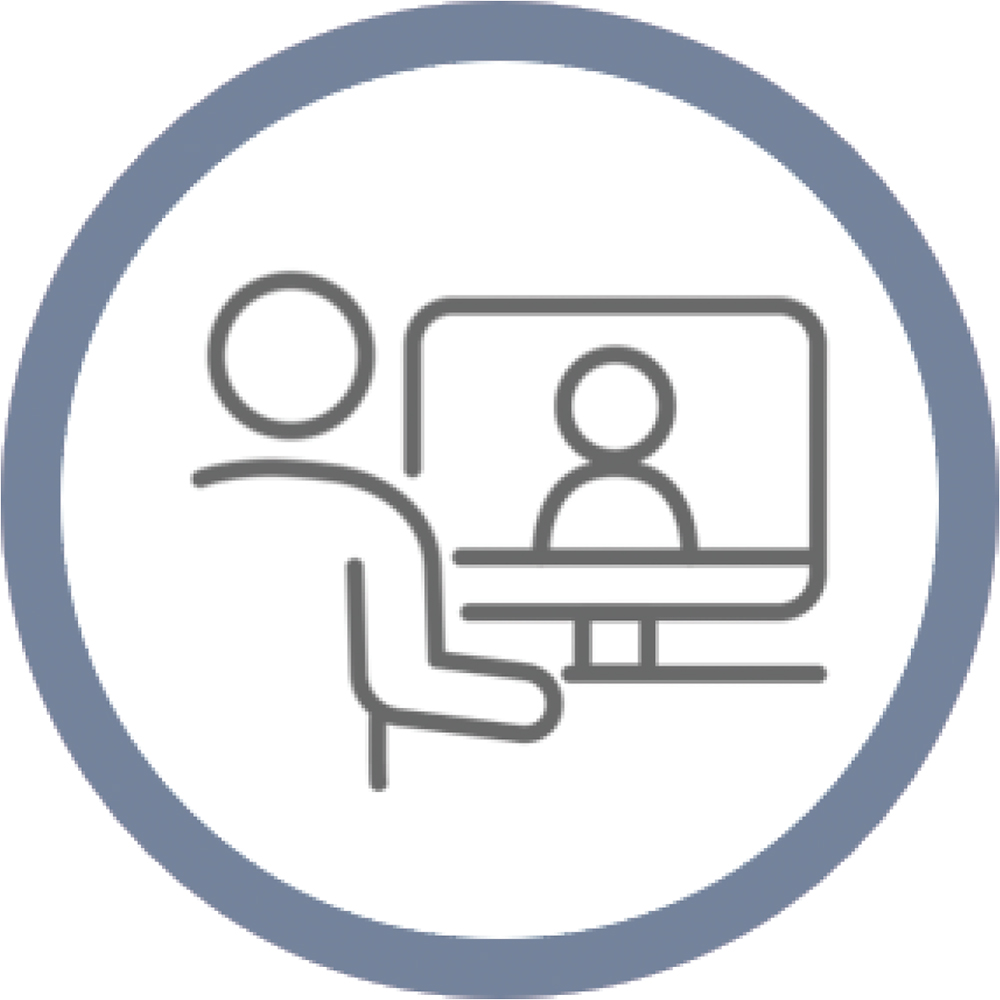
Cultivating these environments is the responsibility of supervisors and managers.
• Foster relationship building • Develop empowered teams • Enable performance
• Improve communications and generate engagement • Establish a productive virtual work environment for all
- Creating and Enabling an Effective Remote Workforce
- Managing Virtual Teams
- Leading People through Challenge and Change
- Accountability on Remote Teams
- Safety Matters, Even Remotely
- Using Brain Science to Maximize Your Effectiveness Leading Remotely
- I Can Do It!
- Communicating Effectively Over Distance
- Facilitating and Mastering Effective Virtual Meetings
- Tips to be Effective and Productive While Working from Home
- Maintaining Mental and Emotional Wellness Through Challenging Times
- Using Brain Science to Maximize Your Effectiveness Working Remotely
Successful Environments
- Creating and Enabling an Effective Remote Workforce
- Communicating Effectively Over Distance
- Facilitating and Mastering Effective Virtual Meetings
- Tips to be Effective and Productive While Working from Home
- Safety Matters, Even Remotely
- There’s an App for That
training.thestrivegroup.com
Compliant
Sustainable
Comprehensive
 SPEED
SPEED  EFFICIENCIES
EFFICIENCIES  SAVINGS
SAVINGS
 SPEED
SPEED EFFICIENCIES
EFFICIENCIES SAVINGS
SAVINGS
Change demands an innovative approach. Take control driving strategic procurement. www.chariotgroup.com/online-marketplace
info@chariotgroup.com | 877.822.5300 | www.chariotgroup.com

Thanks for reading our Jul-Sept 2021 issue!


